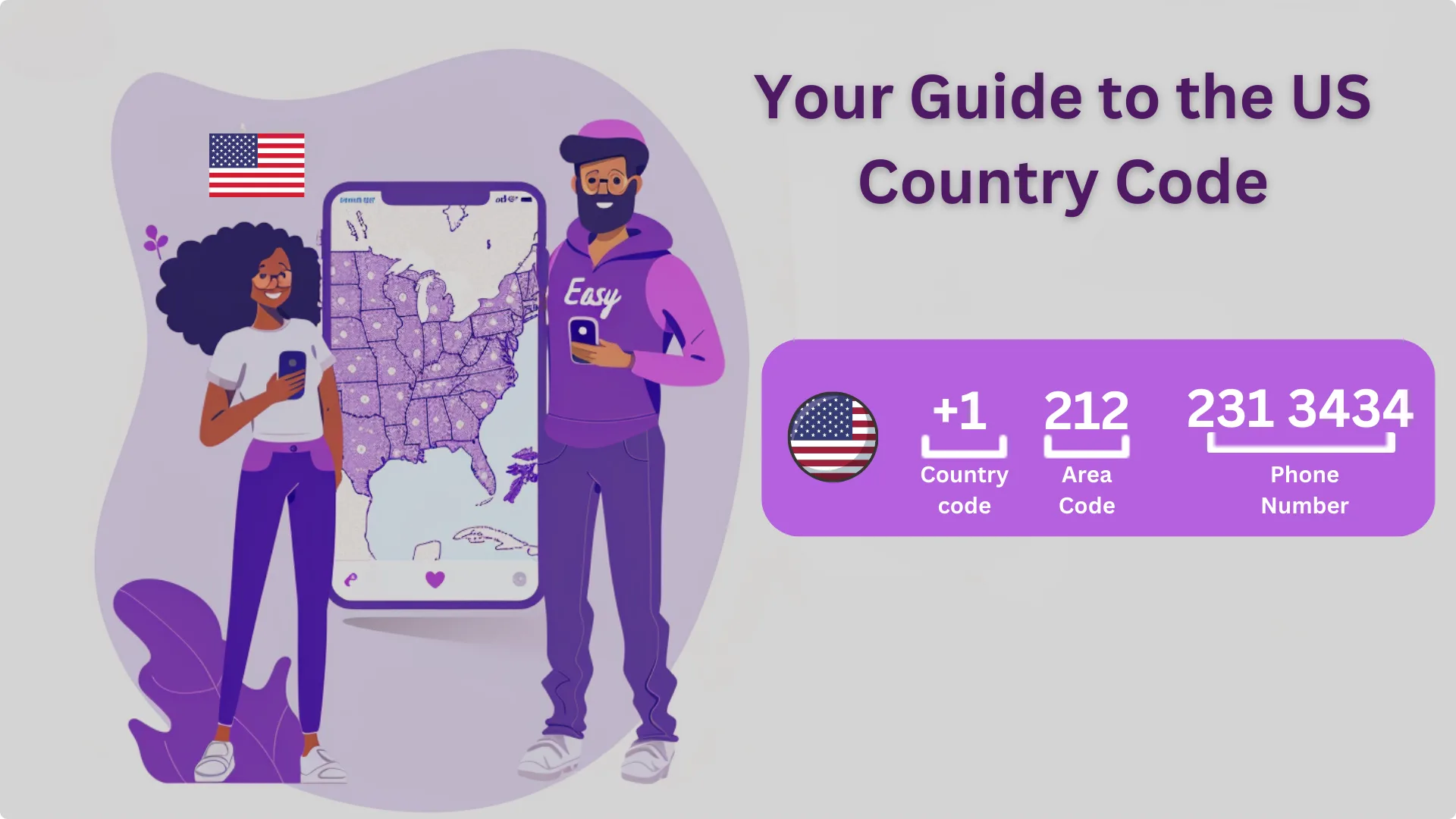Introduction
When it comes to legal matters, having a good attorney can make all the difference. Whether you’re dealing with a personal injury case, drafting a will, or facing criminal charges, a skilled and experienced lawyer can provide valuable guidance and advocacy throughout the legal process. However, finding the right attorney can be daunting. With so many different types of law and lawyers to choose from, it’s important to understand your specific needs and seek out legal counsel accordingly.
The Importance of Having a Good Attorney
In today’s complex legal landscape, navigating the legal system without an attorney is rarely advisable. Even seemingly straightforward legal matters may have hidden complexities that only an experienced lawyer would recognize. Similarly, attempting to negotiate with insurance companies or opposing parties without representation can put you at a severe disadvantage.
Having a good attorney by your side ensures that you have someone in your corner who knows the ins and outs of the law as well as how to navigate court proceedings effectively. An experienced attorney can also provide invaluable guidance when it comes to making decisions during stressful times or when emotions are running high.
Brief Overview of FindLaw Content Marketing Solutions and Ringflow
FindLaw Content Marketing Solutions provides quality content marketing services for law firms around the country. Their goal is to help attorneys connect with potential clients online by providing useful resources that showcase their expertise while simultaneously building trust with site visitors.
Ringflow is one such service offered by FindLaw Content Marketing Solutions. This technology allows firms to track incoming calls from their website in real-time so they can better understand where their leads are coming from and optimize their online marketing efforts accordingly.
The Basics of Hiring an Attorney
Types of attorneys and their specialties
The legal field is vast, which makes it important for clients to understand the various types of attorneys and their specialties. Some common types of attorneys include criminal defense lawyers, personal injury lawyers, family law attorneys, bankruptcy lawyers, and immigration lawyers. Each type of attorney specializes in a specific area of law and has unique skills and knowledge that they bring to the table. For instance, criminal defense lawyers specialize in representing individuals who are facing criminal charges. They will work closely with clients to build a strong defense strategy that can potentially help them avoid jail time or reduce their charges.
Personal injury lawyers, on the other hand, focus on helping clients who have been injured due to someone else’s negligence or wrongdoing. They will work tirelessly to ensure clients receive the compensation they deserve for medical bills, lost wages, pain and suffering, and other damages.
How to find an attorney that matches your needs
Finding an attorney that matches your needs can be a daunting task if you don’t know where to start. One way is by asking friends or colleagues for recommendations based on their own experiences with attorneys. You can also search online for local law firms with high ratings and positive reviews.
Another option is reaching out directly to organizations such as FindLaw Content Marketing Solutions or Ringflow who provide leads pre-qualified by practice area serving millions of consumers across the US each year looking for legal help. Ultimately it’s important not only to find an attorney experienced in your relevant type of case but also one who you feel comfortable working with as you may be working closely together over several months or years throughout the legal process.
The Legal Process: From Start to Finish
Overview of the Legal Process
The legal process can be overwhelming for individuals who have never been involved in a legal matter before. The legal process typically begins with an investigation by law enforcement or a complaint filed by a plaintiff. The pre-trial phase involves the exchange of information between the parties involved, including discovery and depositions. This phase also involves pre-trial motions and conferences to determine the admissibility of evidence and other issues. The trial phase is where arguments are presented by both sides in front of a judge or jury.
This is where witnesses are called, evidence is submitted, and cross-examinations take place. The post-trial phase includes sentencing, appeals, and settlement negotiations if applicable.
Explanation of Key Legal Terms and Concepts
Legal proceedings involve many technical terms that may be confusing for those not familiar with them. Some common legal terms include “burden of proof,” which refers to the obligation one party has to prove their arguments in court; “precedent,” which refers to previous court cases used as guidance for current cases; “statute of limitations,”
which sets time limits for filing lawsuits; and “contingency fee,” which allows lawyers to get paid only if they win the case. It’s vital that individuals involved in legal matters understand these concepts as they play a significant role in how cases are decided.
Tips for Working with Your Attorney Throughout the Process
Working with an attorney can be intimidating, but it’s crucial that individuals communicate effectively with their lawyer throughout the legal process. It’s important to trust your attorney but also ask questions if you don’t understand something about your case or any part of the legal process. It’s also essential that clients provide all necessary documentation and information required by their lawyer promptly. Adhering to deadlines is crucial in legal matters, and failure to meet them can have a significant impact on the case’s outcome.
Understanding the legal process, key legal terms and concepts, and tips for working with your attorney can make a difference in how you navigate the legal system. Hiring an attorney from FindLaw Content Marketing Solutions with Ringflow can also provide you with expert advice and guidance throughout your legal matter.
Niche Subtopics in Law
Employment Law
Employment law governs the relationship between employers and employees. It covers issues such as workplace discrimination, harassment, wage disputes, wrongful termination, and employee benefits. Employment laws vary depending on the country or state in which you operate your business.
An employer should ensure that his or her business complies with all relevant employment laws to avoid legal liability . An employment lawyer can help businesses navigate compliance challenges by providing guidance on issues related to hiring practices , employee contracts , compensation structures , disciplinary processes , etc .
Environmental Law
Environmental law covers regulations related to environmental protection standards established by governments around the world. It aims to protect the natural environment and prevent damage caused by human activity. Environmental law can cover a wide range of topics, from pollution prevention to land use and conservation. An example of environmental law is the Clean Air Act in the United States, which regulates air pollution from factories and vehicles.
It’s important for businesses to stay up-to-date on regulations that apply to their industry or activity. An experienced environmental lawyer can help businesses understand their obligations under relevant regulations or advise them on how best to minimize risks associated with their operations while still ensuring compliance with all regulations.
How Attorneys Can Help with Immigration Issues
Immigration laws can be complex and confusing to navigate on your own. An experienced immigration attorney can help guide you through this process whether it’s applying for citizenship or obtaining a visa or green card. They can provide legal advice regarding eligibility requirements and immigration regulations as well as prepare necessary documentation required by authorities like USCIS. The immigration process involves multiple stages; therefore it’s important to have legal representation throughout each phase of this process to reduce delays or denials from authorities like USCIS or ICE (Immigration and Customs Enforcement).
Overall having legal representation increases the chances of having applications approved or avoiding deportation proceedings which leads to peace of mind knowing that one has proper legal representation during a stressful time.




